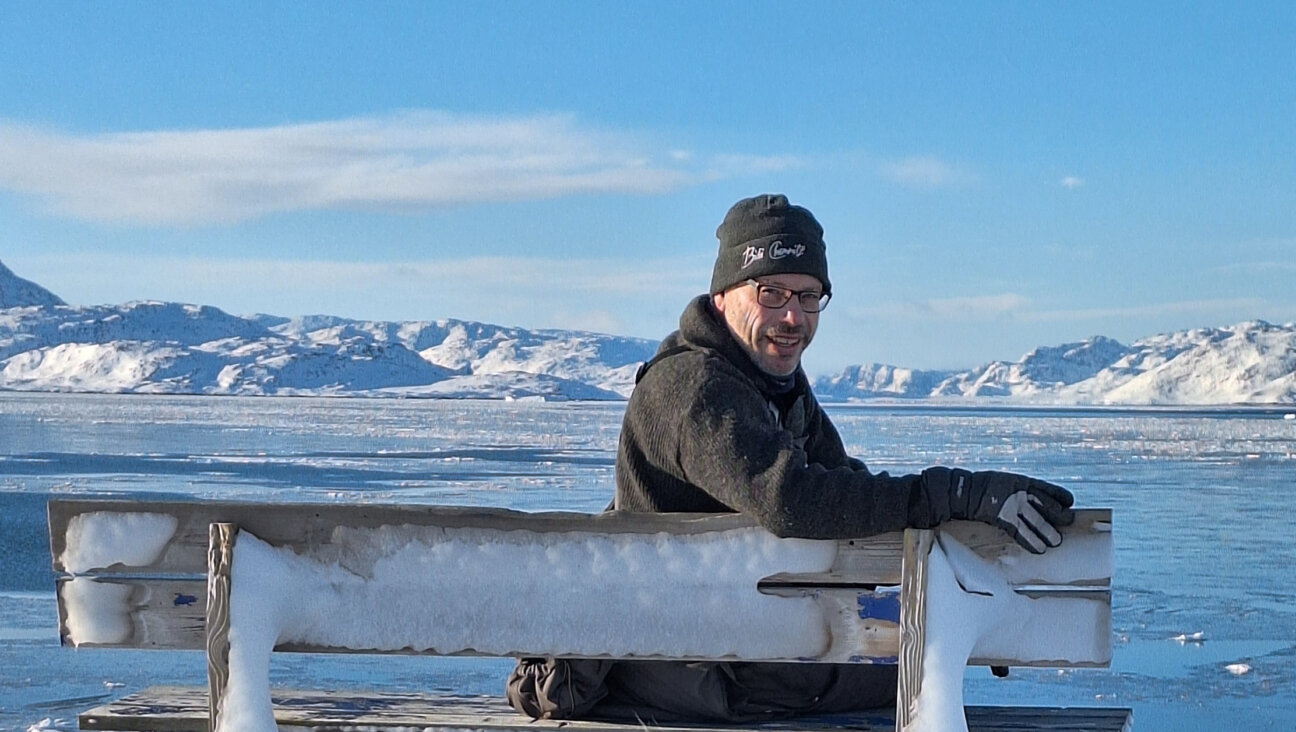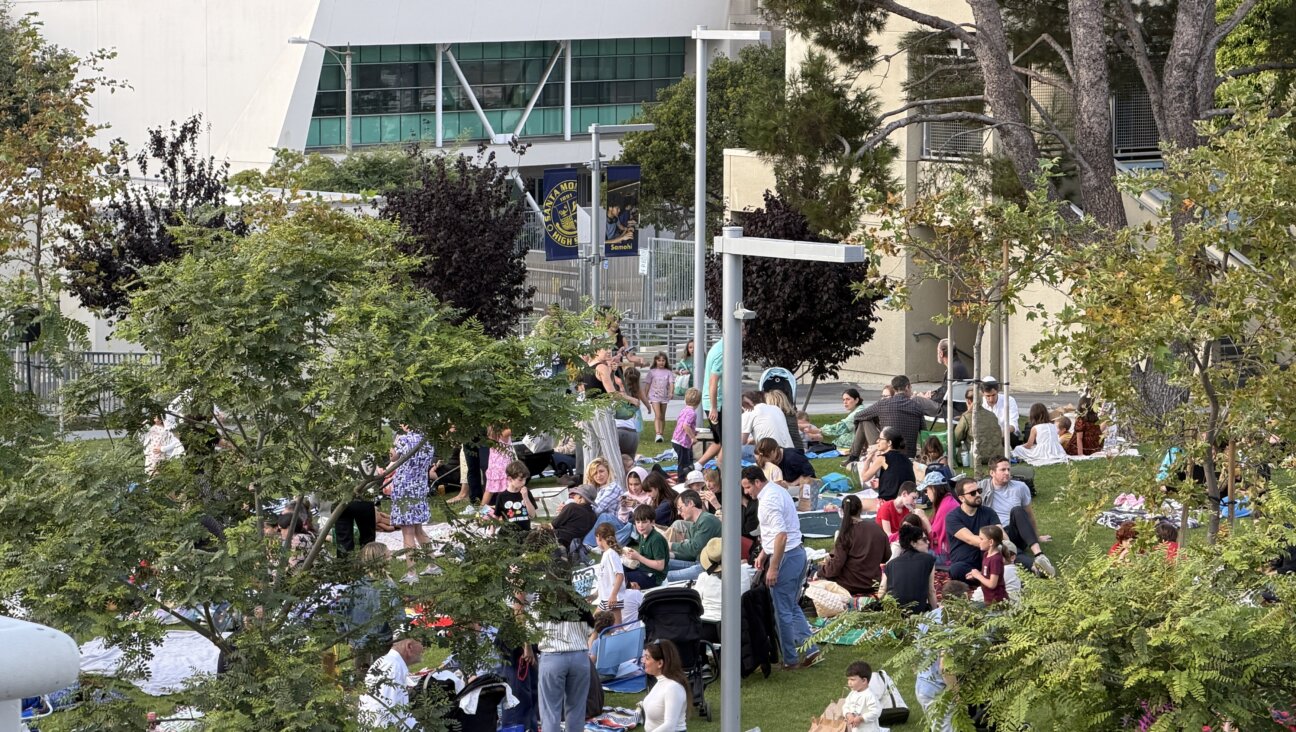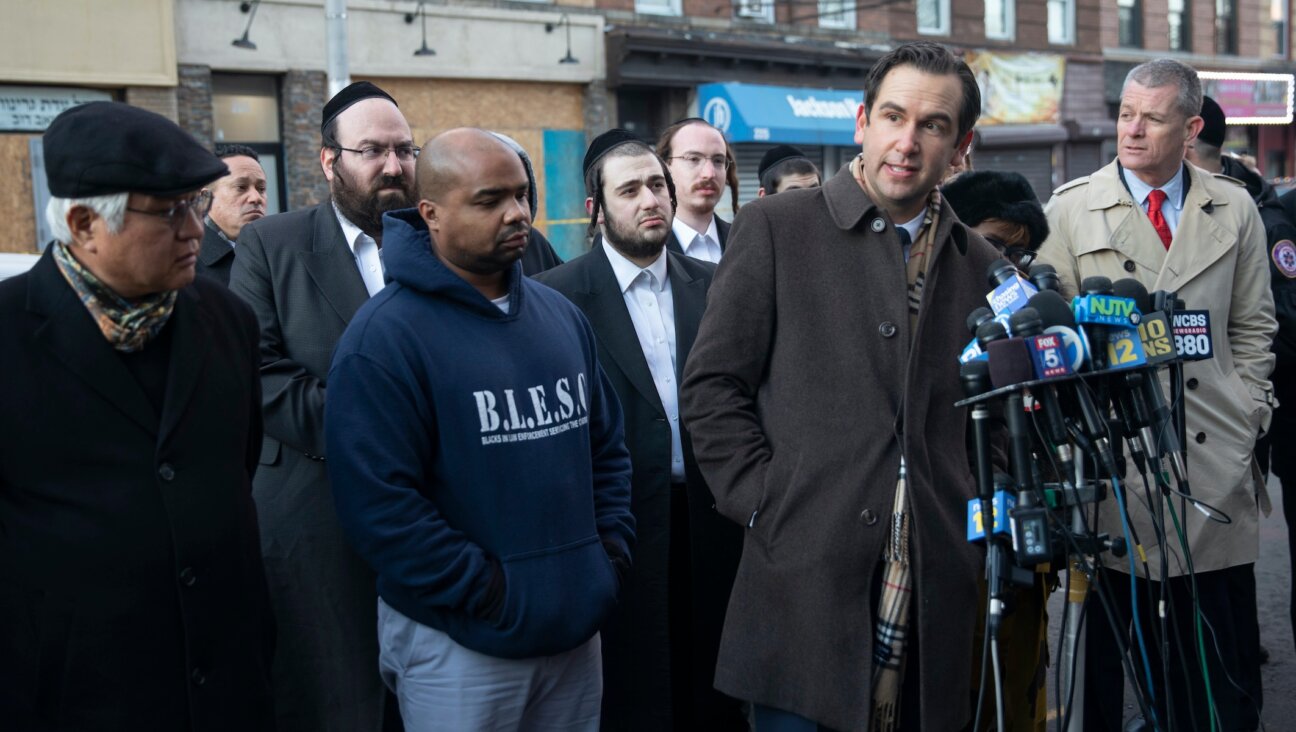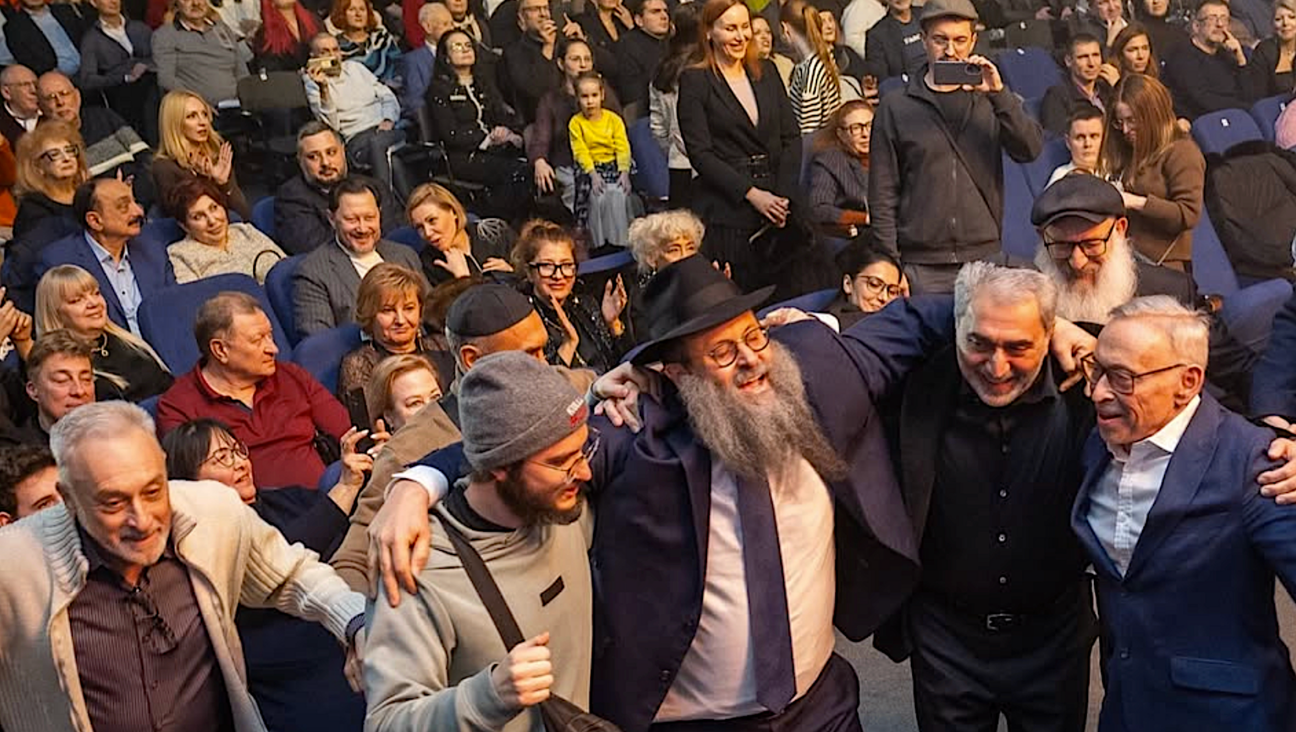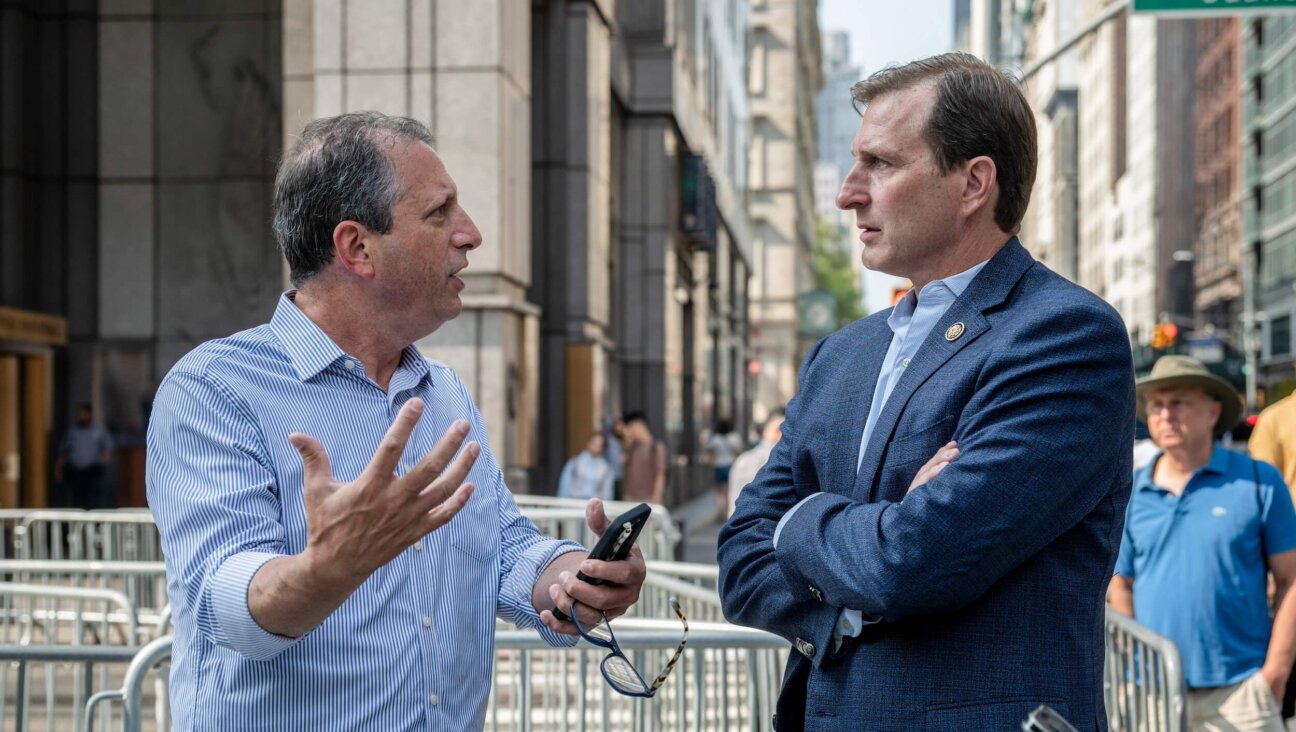End Insurgency in Iraq By Giving Sunnis Fighting Chance in Politics
The agonizing effort to form a post-election government in Iraq is largely over, but the struggle to bring an end to the Sunni Arab-led insurgency remains a crisis. Until that battle is won, the safety and normality so many Iraqis crave, the effective democratic government they deserve and the economic recovery they desperately need cannot be achieved.
To judge by recent reports, there seems to be a growing recognition in Washington that a greater role must be carved out for Sunnis. This week the Shiite Arab-led government took welcome security steps that seem to reflect a greater sensitivity to Sunni concerns. Nevertheless, for far too many Sunnis, the political battle is anything but over.
Many Sunnis did not participate in January’s much-heralded elections. Indeed, the insurgency was so vigorous and coalition and Iraqi government forces stretched so thin that polls were not even opened in many predominantly Sunni areas. The result is the new government, which is heavily dominated by Shiites and Kurds and accords to Sunnis less real power than many think they should be entitled.
Sunnis comprise about one-fifth of the Iraqi population, but that figure does not tell the whole story. Although a minority, Sunnis ruled Iraq for generations and deeply resent their new subordinate role. Making matters worse, Sunnis who have been willing to join Iraq’s new political process have not been allowed to freely choose the heads of ministries allotted to them, unlike Shiites and Kurds. The rejected candidates reportedly had ties to the Baath Party.
Such a face-off seemed likely, as some Shiite politicians have pressed since the election for more rigorous de-Baathification and for the removal from security-related ministries of Sunnis appointed by the previous Allawi government. Trying to reduce the potential blow-back that such statements could generate among Sunnis, President Jalal Talabani and Prime Minister Ibrahim Jafari have spoken out in favor of amnesty for many Sunnis associated with the Baath Party. Jafari has also indicated that the number of officials to be removed would be small. Yet any such purge of Sunnis probably would be sufficient to send a signal to others that perhaps hundreds of thousands of former Sunni Baath Party members would have little future in the new Iraq.
Some argue that such housecleaning is to be expected: In a democracy the winners earn the right to do as they please in certain areas. But in the context of the tortured politics of Iraq’s embryonic democracy, profound bitterness and mistrust linger. Indeed, to many Sunnis such measures would appear to be little more than heavy-handed and collective communal payback for prior excesses on the part of Saddam Hussein’s regime.
If the effort to draw most Sunnis into the political mainstream is to succeed, the new government must move in the opposite direction: toward amnesty, as swiftly as possible, the many thousands of largely blameless low-level Baathists and others with only limited ties to the party. To go one step further, such individuals also should be tapped to fill many sub-ministerial jobs in the government — jobs for which a number of these people may be better qualified than some Shiite and Kurds likely to be appointed instead.
Without such political inclusiveness and forgiveness, military and security efforts are unlikely to succeed anytime soon; there are too few coalition and truly effective Iraqi government forces to do the job. And to make matters worse, the reported use, here and there, of ad hoc units comprising Shiites and Kurds against Sunni insurgents will only serve to fan further the sectarian and ethnic hatreds already in play in this badly bruised society.
Large military operations like this past November’s assault on Fallujah are also not a solution. Some Fallujans are glad to be rid of the foreign fighters and insurgents, but how many others are even more angry and frustrated because of the tremendous damage done to their city by coalition and Iraqi government forces? If that were not enough, there already are reports that some insurgent activity has resumed in Fallujah, most likely because the military resources are just not there to secure areas that have been “swept.”
The same will likely result from “Operation Matador,” the coalition’s recent effort aimed at clearing insurgent strongholds along the upper Euphrates River near the Syrian border. Reportedly some American military personnel on the scene have already noted the futility of sweeping areas of insurgents and foreign fighters only to depart, allowing such elements to return. Indeed, the shortage of coalition and Iraqi government forces has left large safe havens in Sunni-dominated areas from which insurgents continue to stage deadly attacks.
What is sorely needed is bold, creative and robust political re-engagement with the Sunni community. That said, such an effort would be a hard slog.
Former prime minister Iyad Allawi used his military connections and distant association with the Baath Party to engage Sunni notables, but evidently to no avail. And with the heavy bloodletting that has already occurred, many Sunni tribal and community leaders may no longer have enough influence over the people doing the actual fighting to turn things around. In this context, the government made a serious mistake during its reported discussions with the Iraqi National Dialogue Council — which apparently has some real credibility among the insurgents — when it rejected outright the group’s Cabinet nominees because of their Baathist connections.
Despite the risks, the new government must take the proverbial bull by the horns, making a renewed effort to reach beyond so-called “respectable” Sunnis to engage those with connections to the insurgents. According to recent reports, American officials believe that some insurgent groups may be prepared to stop fighting if they can be assured that Sunnis are allowed to play a meaningful role in the political process, especially in drafting the new constitution. Such efforts should, of course, never include contacts with especially vicious elements, criminals and foreign terrorists like Abu Musab al-Zarqawi and his ilk. In fact, if large numbers of Sunni insurgents could be persuaded to stand down, such a breakthrough could facilitate the isolation and destruction of terrorist elements, foreign and domestic.
Distasteful and dangerous as such an approach might seem, it could be the only way to draw enough Sunnis back into the political mainstream to significantly reduce levels of overall violence. With an elected government in place and a constitution to draft, some Sunnis previously sitting on the fence or relatively less hostile toward the political process might finally opt to join in — but only if they believed they could get what they felt was a fair deal.


